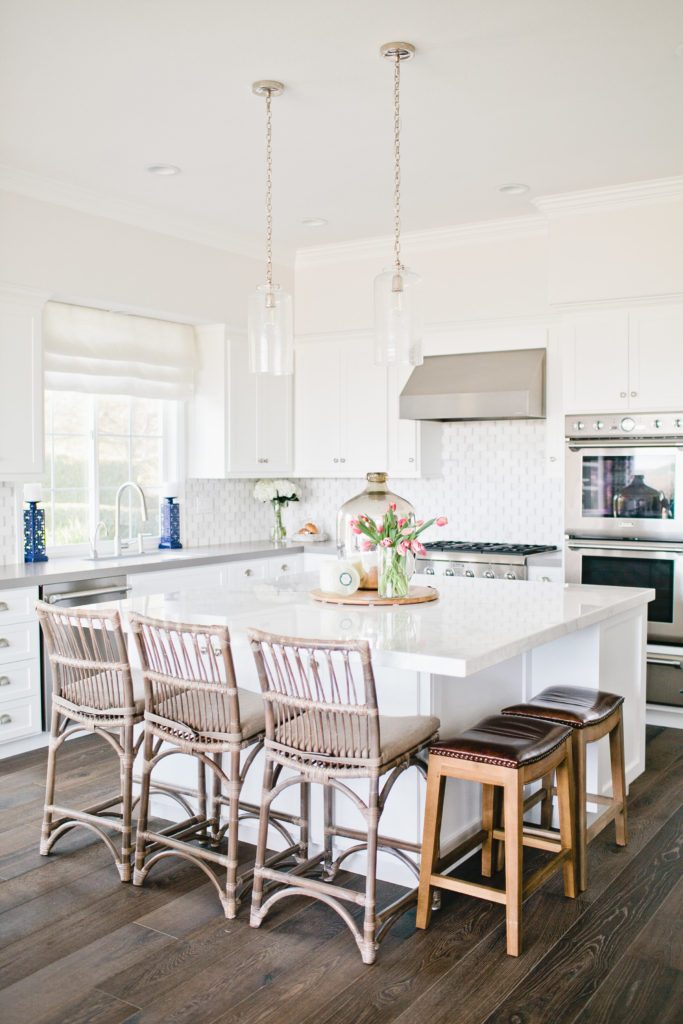We always use the terms rental agreements and lease agreements interchangeably. However, these terms are different from each other. Because of this common misunderstanding, we must learn the key differences between the two types of residential arrangements. Lease agreements offer more stability to tenants and landlords, while rental agreements offer more flexibility in terms of payments.

Rental Agreements Vs Lease Agreements
A rental agreement is a type of contract where the landlord can sign with a tenant. It is different from a lease agreement in so many ways. A rental agreement usually occurs every month and doesn’t offer a long-term contract. This month-to-month contract expires and renews every month upon the agreement of the resident and the landlord.
Rental agreements are usually short-term. As a matter of fact, it’s common for these types of agreements to be valid for at least 30 days. They can be shorter, in some situations, where they can last for at least a week. Generally, they automatically renew as soon as the original term expires. When this happens, all the terms both parties agreed on the original contract will still be valid. This means that if the original agreement covers 30 days, then the agreement will renew for another 30 days automatically.

Sometimes, landlords can change the terms of the rental agreement. This may include the changes with the rental price or the length of the agreement. For this to happen, landlords need to give proper notice to their tenants. This written notice may vary, depending on the state of law, but it should be 30 days normally. Some states may require 60 days to make any changes. Once the changes are made, the tenant must agree and sign the new rental agreement.
A lease agreement, on the other hand, is a type of contract that documents the amount of monthly rent which cannot be changed. This assures the tenants that landlords cannot just raise their rents. This also assures the landlords that their tenants can’t just leave their property whenever they wish, without any repercussion. The lease agreement ends on the date specified in the document. If the tenants remain in the property, both parties will need to enter a new lease agreement.
Landlords don’t need to renew the terms of the old lease agreements. They can change the rental amounts and the terms if they want. Because of this, most tenants choose a longer-term lease if their monthly rent is affordable.
Lease agreements are a lot longer compared to rental agreements. In fact, the most common lease term lasts 12 months. Leases may even be longer, and that’s acceptable if both the tenant and the landlord agree to the length. They can last from 6 months up to 30 years (which is more common in commercial leases).
Unlike rental agreements, lease agreements don’t automatically renew. Once the original lease term ends, then the tenant will need to sign a new lease agreement with the landlord. In many situations, the term of the lease that has recently expired becomes shorter.
During the term of the lease agreement, landlords cannot easily change the clauses of the lease agreement. For instance, if the tenant agreed and signed a year-long lease, and the landlord wanted to raise the tenant’s rent, the landlord would need to wait about a month before the lease term expires. In this situation, the landlord needs to send the tenant a notice of rent increase, 30 days before the lease agreement renews, and before any changes with the term take effect.
It’s obvious that almost everyone is in favor of entering lease agreements rather than a rental agreement. But how does this benefit us?

What are the Benefits of Residential Leasing Agreements?
Leasing agreements have their benefits that can outweigh the advantages of purchasing a home. Below are the benefits of entering a leasing agreement:
- To stay up-to-date with the current trends. Today, you’ll notice that a lot of people are more mobile than in previous years. For employees to stay relevant and updated with the current market trends, they need to constantly relocate and travel. Thus, static homeownership isn’t the best option for many people. Buying and selling homes can lead to tax issues and potential equity losses. It may also make it difficult to sell the home when you need to.
- To get a good sense of neighborhood and community. Another benefit of leasing is for people to get a good sense of community and neighborhood before purchasing a home. Buyers might end up regretting their decision to purchase a home if the community turned out to be unfit for individuals. Contrary to the homeowner, the individuals who are just leasing can decide to move on to their next place as soon as they’re done with their agreement. If the community turns out to be tolerable enough that the individuals decide to stay, they can enjoy living in their homes. Eventually, they can look for options to purchase the home.
- Enjoy the financial benefits many homeowners don’t have. People who opt to lease can enjoy the benefits that aren’t available when purchasing a home. Lease agreements can give tenants the rights to the properties. However, it holds the landlords responsible when it comes to maintaining the costly and most important aspects of it.
The landlords ensure that all sanitation, plumbing, appliances, cooling, and heating devices are working properly. If they don’t, the landlords must remedy the situation. Homeowners deal with these certain issues, whereas the individuals who lease are spared from the financial costs associated with these. This is a very important aspect of leasing, especially the ones who aren’t don’t want to commit to homeownership responsibilities.
- Enjoy other benefits for taxes and insurance payments. The landlords are responsible for all insurance payments and taxes on the home, as well as gardening services or association dues. Although the landlords can add these to the lessee’s monthly payments, both parties can negotiate on these obligations before signing a lease agreement.
These are the benefits of leasing instead of purchasing a home. While many people dream of homeownership, we also need to realize the advantages and the personal benefits of leasing instead of purchasing. Individual preferences and needs are the ones that determine if you should buy or lease. However, knowing that leasing has many advantages for the lessee compared to purchasing in some situations, then you should consider leasing as a legitimate alternative. Leasing is so much more than just paying a mortgage to the landlord.
Before you sign a leasing agreement, there are different things to consider to prevent any issues in the future. You might think that leasing is just a temporary arrangement and ignore the factors, but these factors can become a problem later.

What to Consider Before Signing Leasing Agreements
Below are some factors lessees should consider before signing the leasing agreement:
- How to terminate lease agreements. What
happens if you need to terminate the agreement? To answer this question, you
must read the contract and know what kind of contract you’re getting into. The
term “lease” means it’s for a longer-term contract. If you leave the property
before the contract is up, then it could leave you on the hook for whatever
amount is left to cover the lease period. Some things you need to be aware of
are as follows:
- How many months’ notice do you need to provide
- Is there an automatic reduction in your security deposit?
- Cleaning requirements
- How long do you get your security deposit back
- How much will it cost to break the lease? This information shouldn’t be a secret to you when you sign lease agreements. The amount changes depending on the number of months you’ve paid for the lease. For example, in a 12-month lease, you had to leave on the 6th month because of your job. The agreement may need you to surrender 2 months rent after moving out, which will give the landlord the time to release the house to another tenant while still receiving money from you.
However, you should be careful, as some penalties are stiffer. Sometimes, landlords need you to pay out the rest of the lease term, even if somebody else is already renting it. If this is going to be challenging for you, you should negotiate with the landlord to get a better arrangement prior to signing the agreement.
- Is there a renter’s insurance? Whatever you move into the rental won’t be covered by your landlord’s insurance. So, if you’re left homeless because of a damage to the property, the landlord’s insurance will not help you. If you need such coverage, you’ll need a renter’s insurance.
A renter’s insurance covers all your personal belongings from theft or damage, and can also provide help such as relocation assistance. So, if your room gets burglarized, or if the building burns down, you wouldn’t need to worry anymore. Your renter’s insurance will be able to help you.
These are a few of the things you need to consider before you sign any lease agreement. Lease agreements are a blessing, but always pay attention to what you’re getting into. Read the agreement, and negotiate with the landlord if you must. Thanks to EZ LandLord Forms for collaborating.
all image via https://blackbanddesign.com
























